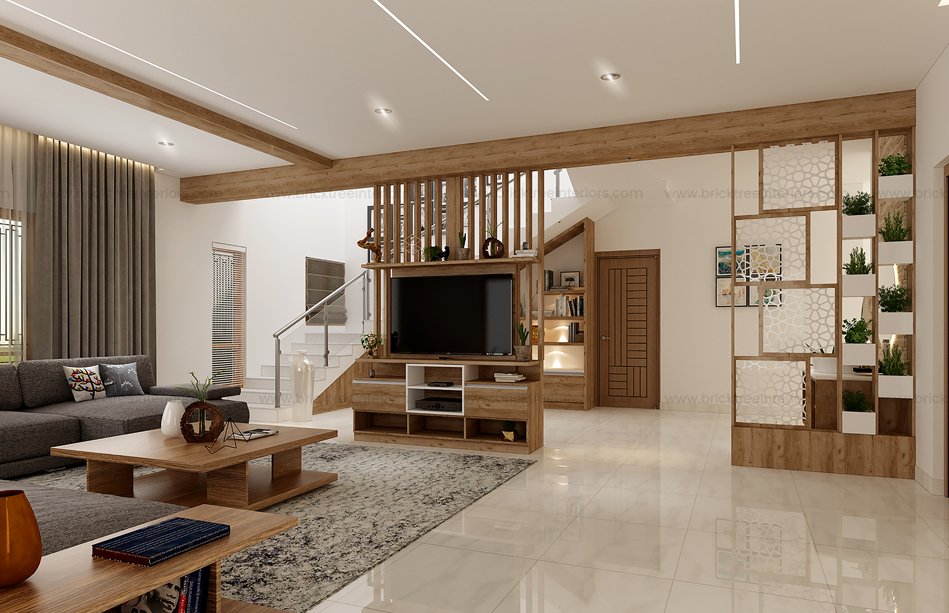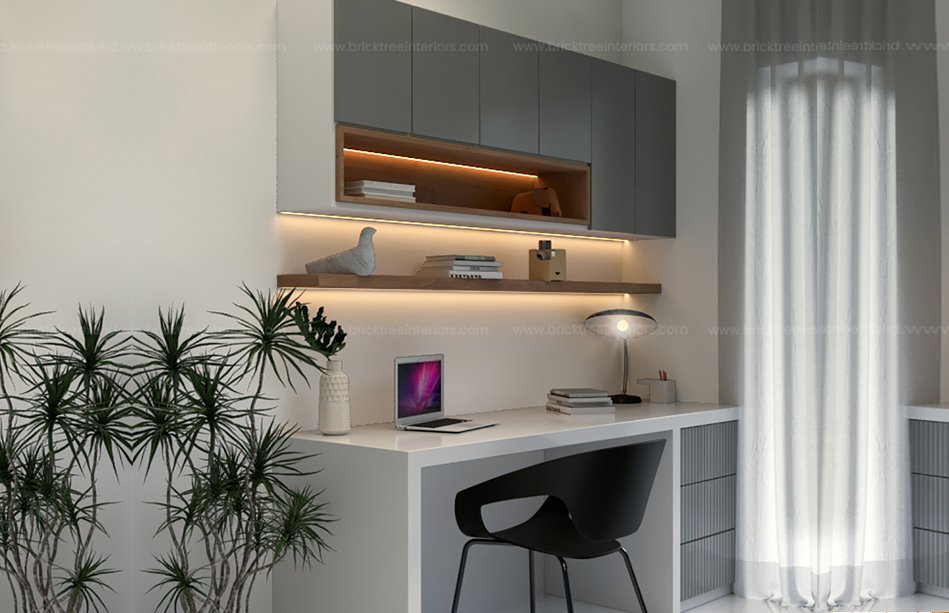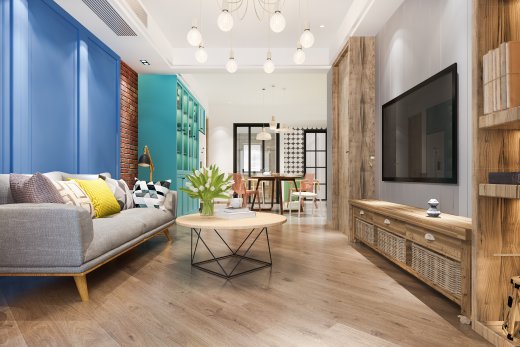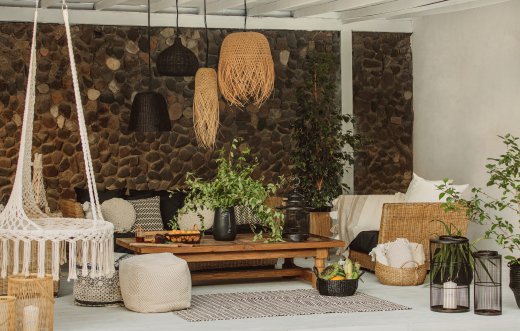Introduction to Minimalism
Minimalism is an artistic movement that emphasizes simplicity and focuses on stripping down design elements to their essential forms. In interior design, minimalism goes beyond being just a trend and becomes a philosophy that creates spaces with a sense of tranquility and clarity. By eliminating unnecessary clutter and reducing visual distractions, minimalist interiors invite calmness and harmony. The core principles of minimalism include simplicity, functionality, and a deliberate focus on essential elements.
The Benefits of Minimalistic Interior Design
Minimalistic interior design offers a range of benefits that go beyond aesthetics. Here are some key advantages of embracing minimalism in your home:
Creating a peaceful and serene environment
Minimalistic interiors promote tranquility by providing uncluttered spaces that allow the mind to relax. With clean lines, open spaces, and minimal decor, these environments foster a sense of calmness that can be a much-needed refuge from the chaos of daily life.
Enhancing functionality and organization
Minimalism places emphasis on functionality, which means that every item in a minimalist space serves a purpose. By removing unnecessary objects, minimalistic design allows for better organization, making it easier to find and access the things we need. A clutter-free environment also promotes productivity and reduces distractions.
Key Elements of Minimalistic Design
To achieve a minimalist interior, it is essential to incorporate the following key elements:
Clean lines and simple forms
Neutral color palettes and monochromatic schemes
Maximizing natural light and open spaces
Reducing clutter and embracing minimal decor
Minimalism in Different Rooms
Minimalist living room design ideas
Creating a tranquil minimalist bedroom
Multi-purpose furniture for space optimization
 +91 471 243 8588
+91 471 243 8588 +91 8589990404
+91 8589990404










 sales@bricktreeinteriors.com
sales@bricktreeinteriors.com